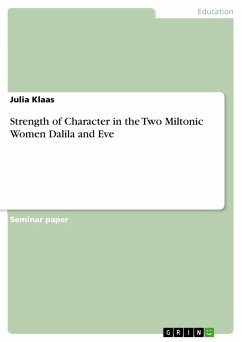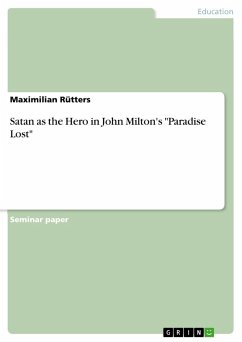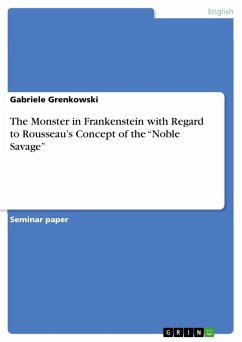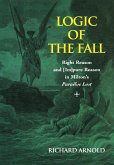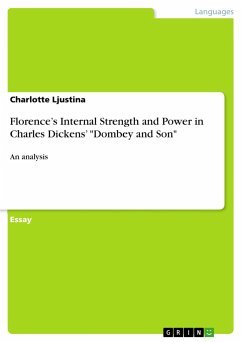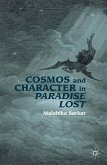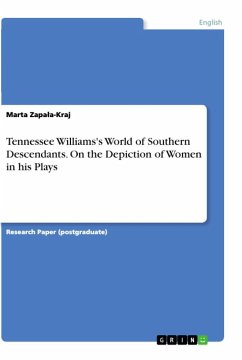Seminar paper from the year 2012 in the subject Didactics - English - Literature, Works, grade: 1,0, The University of Arizona, language: English, abstract: I would like to explore and mainly compare the characters of Eve and Dalila with respect to the strength that they portray within the disputes with their respective husbands. There are, however, some other aspects that come into play when looking at these scenes in "Paradise Lost" and "Samson Agonistes". I will start with a formal analysis of the poetic form in order to demonstrate that when looking at turn-taking and metric organization, there is already an indication of how the content in Milton's most famous poem and his closet drama is organized and how these two female characters are displayed to the audience. Then I will delve into a contrastive analysis of said context, and I will especially be focusing on how Eve's and Dalila's arguments are influenced by Adam and Samson, and how this has an impact on the outcome of their conversations, and, in the end, their marriages. From this, I will extract two aspects that require a closer look: the relationship between power and female liberty, and that of guilt and forgiveness.

